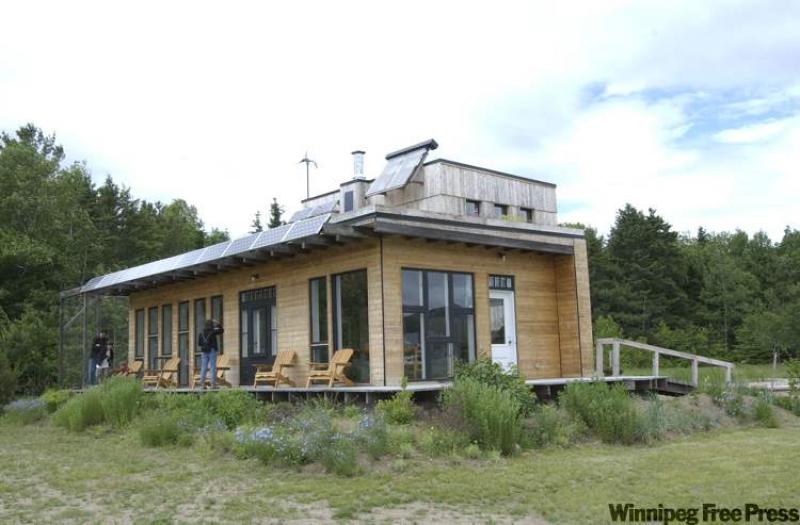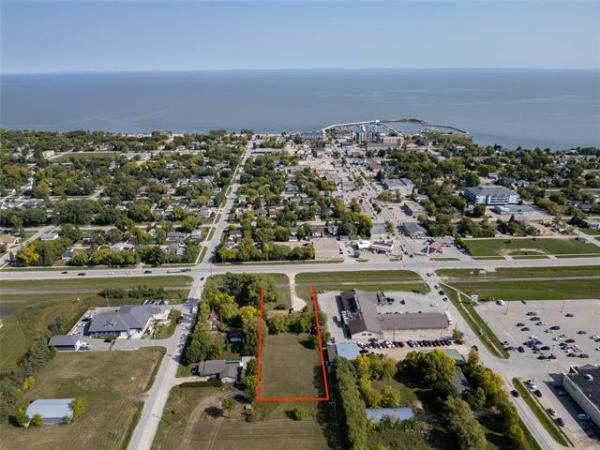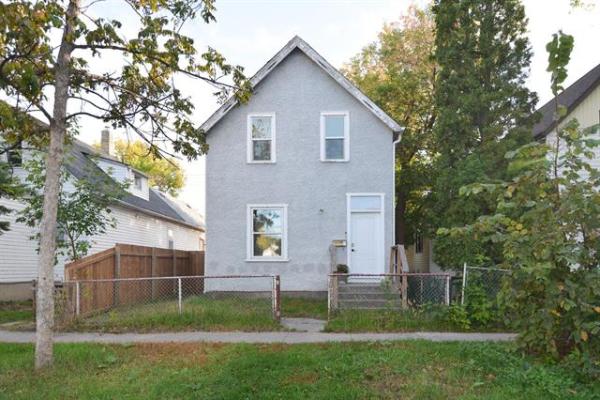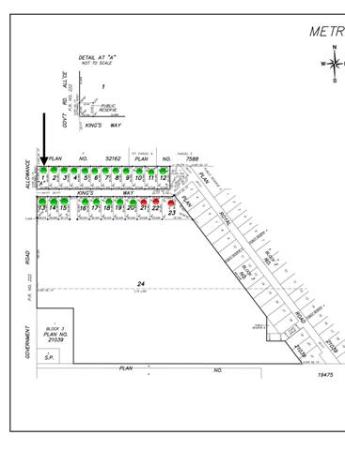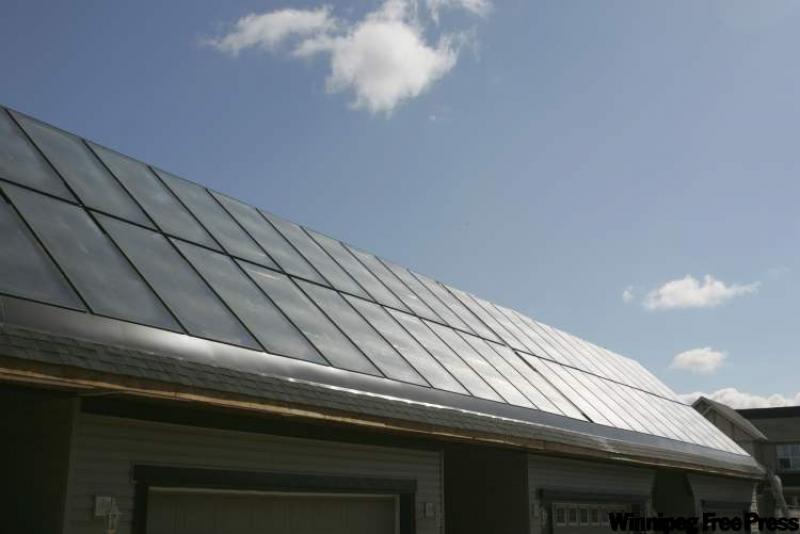
We all want to reduce our environmental footprint and be more responsible about what we buy, how we build and how we live. I make it a point to spec in sustainable materials in all the houses I design and build, and whenever possible make the better, greener choice.
I was disappointed when the federal ecoENERGY Retrofit program was cancelled. Now, I'm just a contractor, not a politician, but it seems that was a government program that worked. It motivated homeowners to make better choices. People were rewarded for putting in better windows or energy-saving appliances, or choosing to spend their renovation dollars on a superior envelope that would improve energy efficiency. It helped the environment. We were doing the right thing.
In my opinion, if the federal budget was fully allocated that's because the program was a success and it should be continued and expanded. So then let's direct more money toward it ---- fast.
Home improvements that increase energy efficiency and lower energy costs should be encouraged at all levels of government.
As far as I'm concerned, incentives to make the shift to renewable energy sources are smart and long overdue.
One way to do that is to reduce our dependence on energy from non-renewable sources. By getting behind renewable energy technology -- and by supporting government initiatives that promote renewable energy generation and micro-generation -- we'll reduce our dependence on large-scale energy suppliers and energy sources that produce a high level of GHGs.
What's renewable energy? Energy from sources such as solar, wind, water and biomass -- sources that are free and widely available. The most important thing about renewable energy is that it's available at a local level, unlike conventional fuels that are generated long distances from where they're ultimately used -- in your home. Think of the thousands of kilometres of hydro lines stretching across the landscape -- and of the power lost across that distance as well as the cost of bringing it to your home.
If we can decentralize our dependence on big suppliers of energy, we'll be less vulnerable. The big blackout of 2003 that impacted millions of homes in North America wouldn't have been such a big deal if we weren't all dependant on the grid.
If we start to create our own power through micro generation from renewable sources we'll also reduce greenhouse gas emissions (GHGS). The more people who are able to create energy means there is more energy available for us all to use, and the cost comes down.
Solar energy is free and unlimited. It can be harnessed right on the site where you use it -- the roof of your home. It's converted and even stored on location. The only drawback is the initial cost of investment.
These kinds of installations can be expensive, and they can take a long time to pay back, so without some kind of break, homeowners often just can't consider it, even if they really believe in renewable energy. If there were a rebate program that helps people reduce the initial cost of buying and installing a renewable energy micro-generation system into homes, we would all benefit.
Wouldn't you love to control your source of energy?
If you could reduce your carbon footprint and the impact you are making on the environment by using a different energy source, wouldn't you do it?
What about if you could not only be less dependent on the energy supplier, but could even sell extra energy back to the grid and earn a profit?
It's a given we have no choice but to move away from our dependence on the fossil fuels and conventional energy sources that we've used for generations. It's inevitable. We know it.
So, let's act and not react. Let's start moving in the right direction by making choices and by empowering people across the country to do the right thing.
Naydene Lewis is a councillor in Okotoks, Alta., who's putting forth a motion that makes a lot of sense. A lot of forward-thinking municipalities across the country -- such as Okotoks -- have already endorsed it.
She'd like to see more incentives that encourage homeowners to go with renewable energy installations that tie into the grid and provide small-scale power generation.
This is the sort of grassroots movement we should all get behind; individual homeowners, local municipalities -- that's where change happens. It's not going to come from big government (though that would be nice to see). Sustainable-energy projects and initiatives should be owned and developed by the residents of a community where the project is located.
We all support and understand the need to reduce carbon-dioxide emissions. If we promote energy efficiency, conserve energy use and invest in renewable energy, we'll go a long way to meeting our goals.
All of our governments should provide incentives to encourage people and businesses to make the change to renewable energy. We'll all win.
-- Canwest News Service
Catch Mike in his series, Holmes Inspection, airing Thursdays at 7pm on HGTV. For more information, visit www.hgtv.ca.
Do you have a question about home renovations? E-mail mikemakeitright.ca.

